Bolivarian Foundation for penitenciary research
Fundación bolivariana de investigación penitenciaria
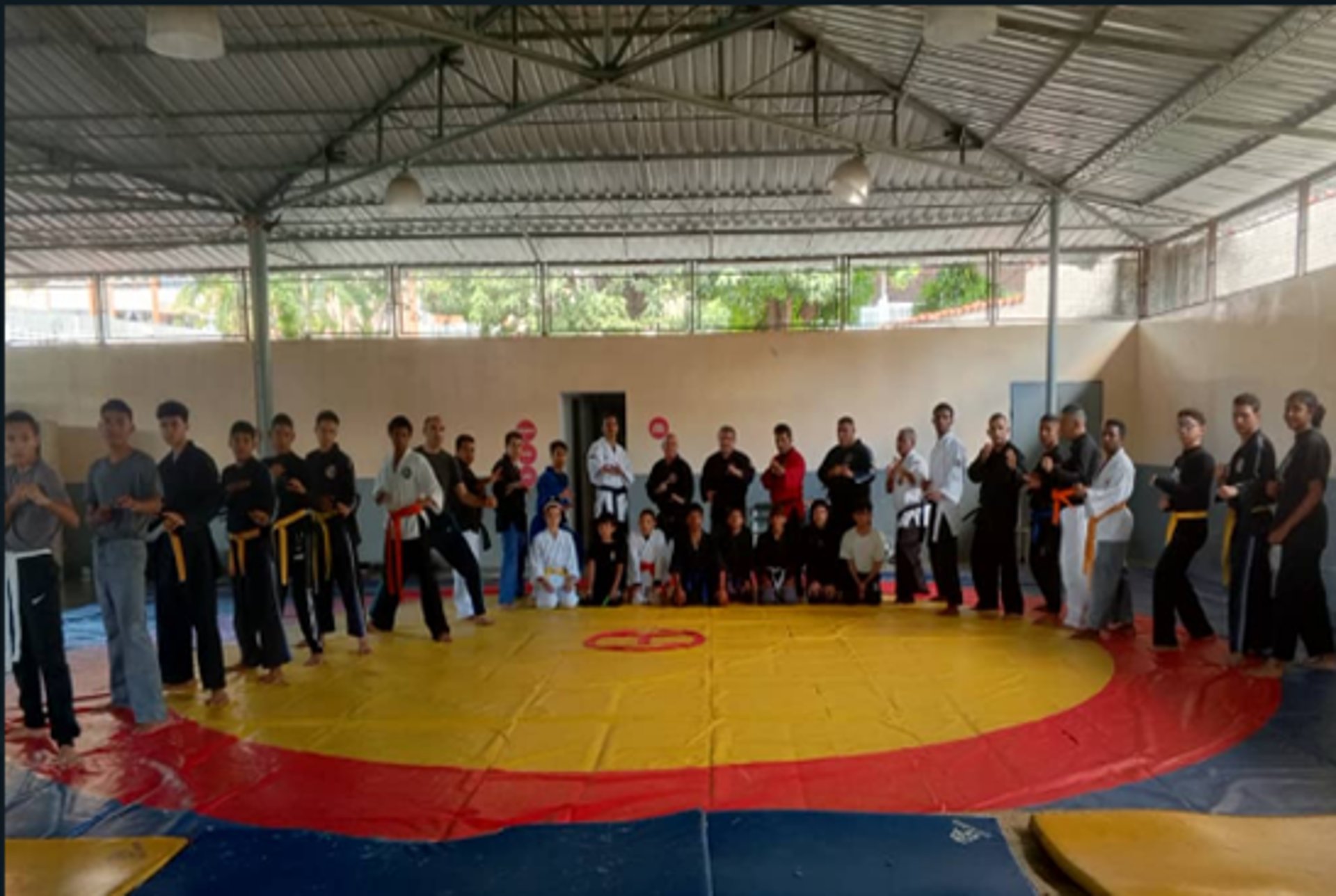
FUNBIP Core Members
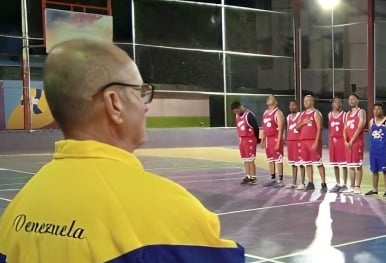

Marco Tulio Vargas Rosales, PhD., M.A
FUNBIP Founder, Educator and Researcher
The strength of FUNBIP's work comes from the dedication of its dozen volunteers and the belief that meaningful change begins with community-based work, participatory action research and knowledge.
At the heart of our efforts is Dr. Marco Tulio Vargas Rosales, whose leadership and commitment to human rights, dignity, and resilience through community work and research guide our work on the ground, and through which we continue to refine our programs toward stronger communities.
Dr. Marco Tulio Vargas Rosales holds a PhD and Master’s degree in Critical Pedagogy, and a Bachelor's in Penitentiary Studies. He has served as a university professor at several institutions, including the National University Institute of Penitentiary Studies (IUNEP, 1999–2007), Bolivarian University of Venezuela (UBV, 2013), Bolivarian Army Military Academy (AMEB, 2022–2023), National Experimental University of Security (UNES, 2013), Public Prosecutor’s Training School (2019), and the National Human Rights School (2023–2024).
Currently teaching at the Bolivarian Army Military Academy, Dr. Vargas focuses his research on qualitative and quantitative methods to prevent violence and drug use, as well as on criminal and penitentiary law. His work combines academic theory with practical experience, grounded in strong axiological, pragmatic, and epistemological principles.
Dr. Vargas Rosales is the author of “Criminal Sentencing, Sentence Calculation, and Sentence Reduction as Tools for Penology and Carceral System Law - Dosimetria Penal, Cómputo de la Pena y Redención de la Pena como herramientas de la Penología y el Derecho Penitenciario ” (EAE Publishing, Madrid, 2022)
In addition to his academic career, Dr. Vargas Rosales is an 8th Dan black belt in Hapkido, martial arts teacher, and leads “aerobatae” (aerobics with kicks and strikes) classes.
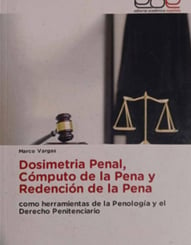

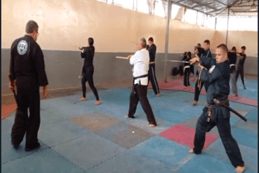

Ronald Anderson Vargas Moreno, B.Ed.
FUNBIP Co-Founder, General Director and Physical Education Coach
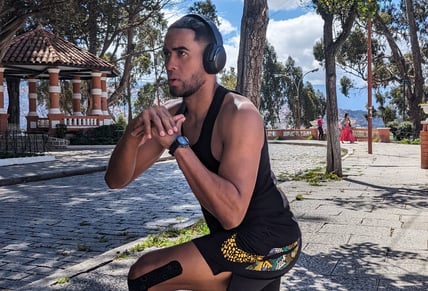

Ronald Vargas Moreno is a dynamic force at the intersection of athletics, personal development and community transformation. A decorated martial artist and physical education teacher, Ronald's journey began at the age of two, when he first stepped onto the martial arts mat, eventually earning a Second Dan Black Belt in Hapkido, competing in and winning international and regional championships across Venezuela in Miranda, Mérida, Bolívar, San Cristóbal, and Lara states.
By the age of fifteen, Ronald’s path expanded beyond the arena of competition into the realm of social justice and community service. Volunteering in prisons alongside his brother, Brando Lee Vargas Moreno, and his father, Dr. Marco Tulio Vargas Rosales, he witnessed firsthand the systemic barriers faced by those deprived of freedom and aimed to transform prisons into spaces of reflection, growth, reintegration and to reclaim their dignity and rewrite their futures.
This drive to uplift others led Ronald to co-found and direct FUNBIP, in addition to completing his Bachelor’s degree in Physical Education at the Simón Rodríguez National Experimental University in Caracas, Venezuela, further deepening his academic foundation to support his mission of personal and community development and positive social change.
Upon completing his studies and after years of being involved with FUNBIP and working at the Children's Simon Rodriguez Foundation in Caracas, Venezuela, using sports to uplift underprivileged children and youth, Ronald’s impact extended internationally in Colombia and Bolivia where he taught physical education at the university level in Cartagena, Colombia, served as the physical training coach for Kinwa, a semi-professional basketball team in Bolivia, in addition to founding the Dunamis Basketball Academy in Bolivia. In every role he takes on - athlete, teacher, coach, organizer - Ronald embodies the transformative power of sports across cultures and differences and as a tool for community building, resilience, and the enhancement of human potential.
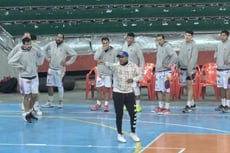

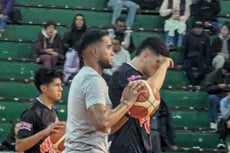

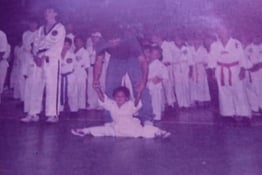

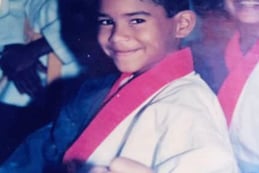

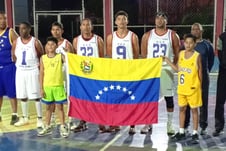

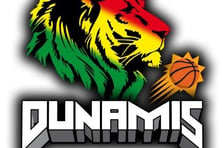


Bolivarian Foundation for Penitentiary Research - Fundación Bolivariana de Investigación Penitenciaria (FUNBIP)
A community work and participatory action-research non-profit organization based in Caracas, Venezuela, focusing on strengthening communities and developing human potential through sports training, academic support, social rehabilitation and prevention programs, criminal law capacity building, and research initiatives.
Non-profit registration number: J-31720303-8
Connect
© 2025. All rights reserved.